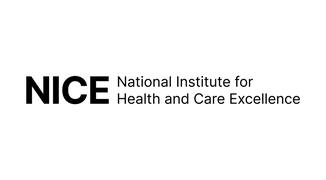What the new England Cancer Plan could mean for people affected by leukaemia
04 Feb 2026
Today, the new National Cancer Plan for England has been published, coinciding with World Cancer Day.
Catch up with the latest news from Leukaemia Care.
04 Feb 2026
Today, the new National Cancer Plan for England has been published, coinciding with World Cancer Day.

02 Feb 2026
You may already have noticed the change. Our red has gone, replaced with a vivid blue. While our look has changed, who we are and …
02 Feb 2026
Our look may have changed but the support we offer hasn't.

25 Nov 2025
Obecabtagene autoleucel (obe-cel) has been approved as a treatment for adults with B cell acute lymphoblastic leukaemia (ALL) in most of the UK.

08 Sep 2025
Leukaemia Care welcomes the SMC and NICE's approval of blinatumomab for people with B-cell acute lymphoblastic leukaemia (ALL)

14 Aug 2025
In the first half of 2025, Leukaemia Care has supported thousands through counselling, financial aid, trusted information and helpline advice.

09 Jun 2025
Leukaemia Care welcomes NICE and the SMC’s approval of ruxolitinib for patients with acute graft versus host disease (aGvHD) in England and Scotland.
Subscribe to receive news, updates and ways to support our work from Leukaemia Care. By subscribing, you agree to receive emails from us. You can unsubscribe at any time. Read our privacy policy.